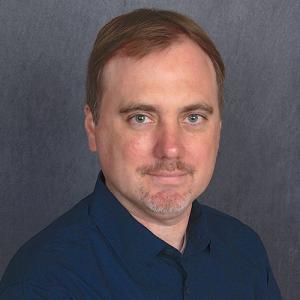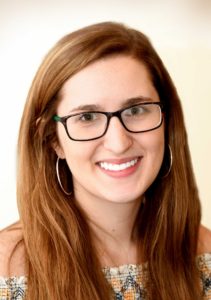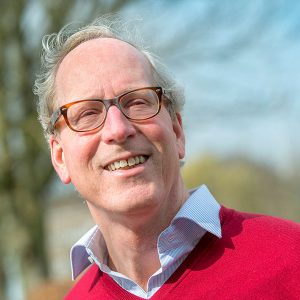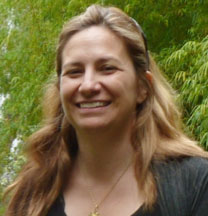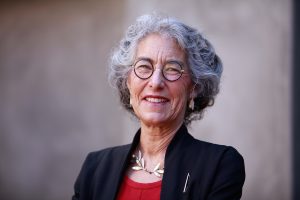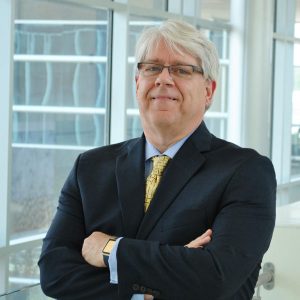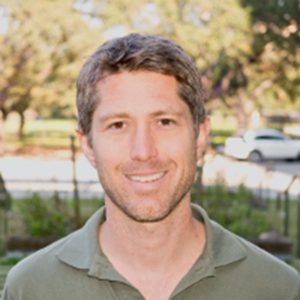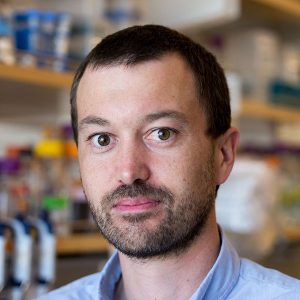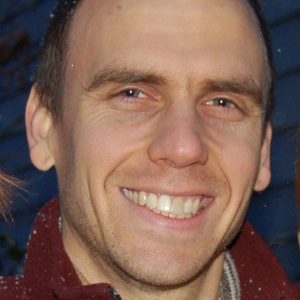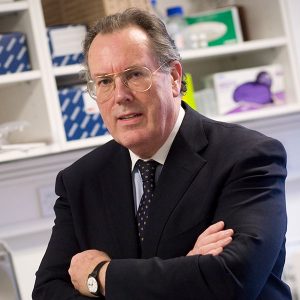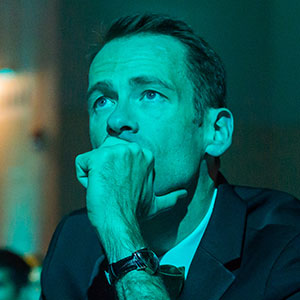Laurie Zoloth
A leader in the field of religious studies with particular scholarly interest in bioethics and Jewish studies, Laurie Zoloth’s research explores religion and ethics, drawing from sources ranging from Biblical and Talmudic texts to postmodern Jewish philosophy, including the writings of Emmanuel Levinas. Her scholarship spans the ethics of genetic engineering, stem cell research, synthetic biology, social justice in health care, and how science and medicine are taught. She also researches the practices of interreligious dialogue, exploring how religion plays a role in public discussion and policy.
Zoloth is author of Health Care and the Ethics of Encounter: A Jewish Discussion of Social Justice and co-editor of five books, including Notes from a Narrow Ridge: Religion and Bioethics and Jews and Genes: The Genetic Future in Contemporary Jewish Thought.
Zoloth has been the president of the American Academy of Religion and the American Society for Bioethics and Humanities. She was the inaugural director of the Jewish Studies program at San Francisco State University and director of graduate studies in religious studies at Northwestern. She is an elected member of the Hastings Center and a life member of Clare Hall, University of Cambridge. She is a founding board member of the Society for Scriptural Reasoning.
Her work on bioethics and health care led her to serve on the NASA Advisory Council, the space agency’s highest civilian advisory board; the International Planetary Protection Committee; the National Recombinant DNA Advisory Board, and the executive committee of the International Society for Stem Cell Research. She served as chair of the first bioethics advisory board at the Howard Hughes Medical Research Institute and has testified in front of Congress, the President’s Commission on Bioethics, and state legislatures.
Zoloth began her career as a neonatal nurse working in impoverished communities; she holds a bachelor’s degree in women’s studies from the University of California, Berkeley and a bachelor’s degree in nursing from the University of the State of New York. She received a master’s degree in Jewish studies and a doctorate in social ethics from the Graduate Theological Union. Zoloth also holds a master’s degree in English from San Francisco State University.
Prior to joining the University of Chicago, Zoloth served as a Charles McCormick Deering Professor of Teaching Excellence at Northwestern University, holding appointments in the Department of Religious Studies in the Weinberg College of Arts and Sciences and in the Feinberg School of Medicine. At Northwestern, she was founding director of the Brady Program in Ethics and Civic Life at the Weinberg College of Arts and Sciences and founding director of the Center for Bioethics, Science and Society at the Feinberg School of Medicine.
She currently serves on the Ethics Advisory Board of NASA; the steering committee of The Engineering Biology Research Committee; on the CDC (Biological Agents Working Group); and on the Ethics Board of the American Heart Association.
